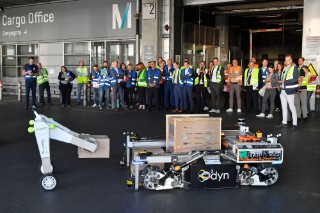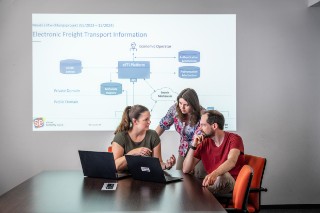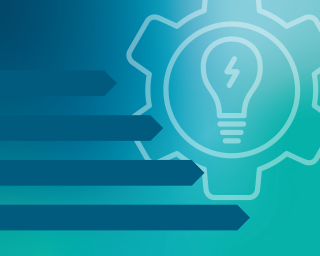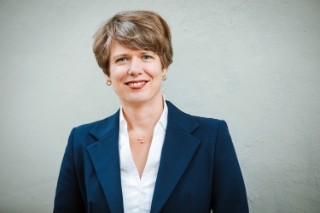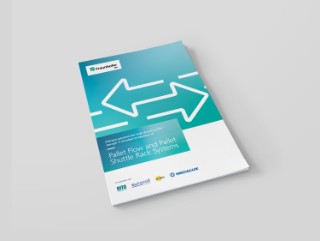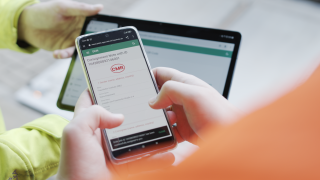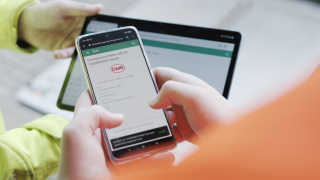
Paper-based processes are still widespread in logistics – and this also applies to air cargo. To address this problem, researchers at the Fraunhofer Institute for Material Flow and Logistics IML are developing digital solutions: With the introduction of the data standard "ONE Record" by IATA, shipment information is transmitted in fully digital processes and can thus be transferred in real time.
more info Fraunhofer Institute for Material Flow and Logistics IML
Fraunhofer Institute for Material Flow and Logistics IML
